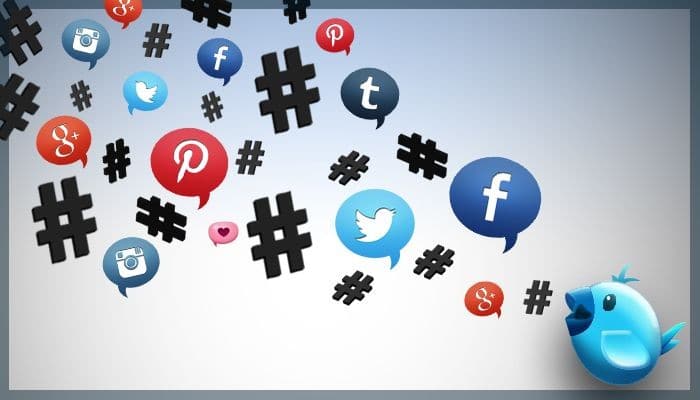The hashtag has become a mini phenomenon due to the internet and social media. In fact, some people say that you can correctly differentiate between older and younger generations by showing them its symbol (#) and asking them what it is. Supposedly, Boomers and Generation Xers will call it a pound sign and Millennials and the younger crowd will call it a hashtag. Recently the Oxford English Dictionary even added the term hashtag, although they made a point of including what the technical term for this symbol is: octothorp.
Why do you need to know what a hashtag is and how to use it? Because it can help you attract new eyes to your social media and then to your own website and products. A hashtag is a way of marking or labeling a conversation so that others can easily search it out. When social media began, many people thought it was just another form of chatting, but over time it’s become clear that these sites can be used for many more things than conversation and that those communications are being preserved and therefore need to be searchable.
People who have no interest or awareness in topics being discussed now or current events may find themselves very interested a day, a week, a month, or even years later. Conversations on social media function as what historians call primary source documents. They reveal opinions, they give data as to how society or parts of society are reacting to events or issues, and they can be extremely useful to a variety of people, including advertisers and marketers.
However, even one social medium like Twitter is so active and prolific that culling information from it can be a challenge. There are so many discussions happening concurrently that it would be impossible to search by date or generic keywords – thus, the importance of hashtags. Hashtags serve as markers. They organize exchanges on social media into data that is relevant. Sometimes they do it better than others, and occasionally users have subverted the intended meaning of a hashtag to make it mean something else (such as when the hashtag “McDStories” that McDonalds intended to be marketing for its food was transformed into criticism by users). Still “McDStories” still works as an organizational label of a moment in time, perhaps even better than other hashtags do.
Google has recognized the importance of hashtags and has modified its algorithm to make hashtag show up better in organic search results. Hashtag searches show up in Yahoo and Bing as well. Introducing hashtags to your social media attaches it to a greater exchange of ideas that may be searched by others. Creating your own hashtags may also make others curious about your ideas and thoughts. People will click on trending hashtags to see what is going on around them that they are missing.
Hashtags are not only for Twitter or Facebook. They show up across social media and even in blogs or articles (sometimes ironically). Because they are so useful and so searchable, you really can’t go wrong by including them whenever you are actively trying to get more traffic to your site. Do a little research, and then incorporate them into your own marketing for added effect.


